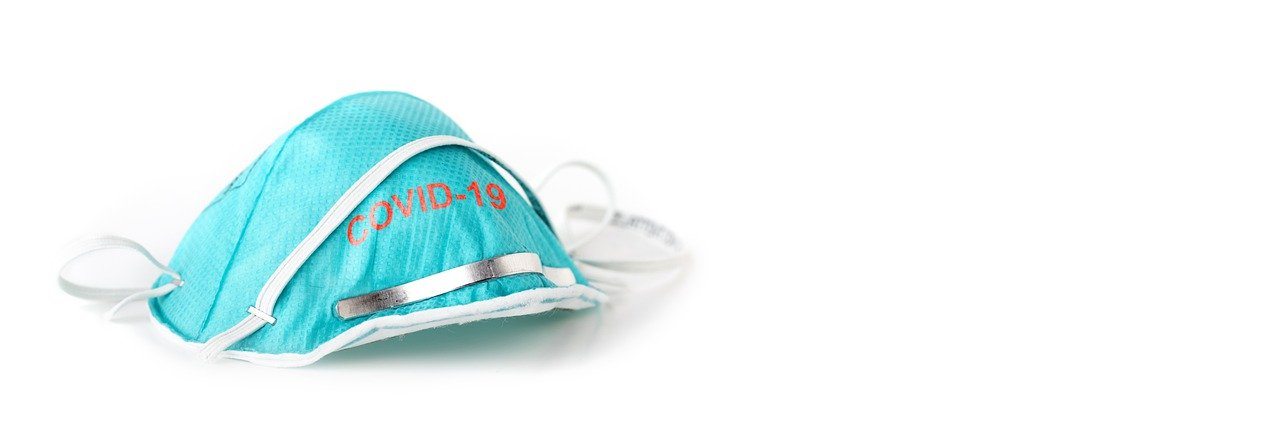
What You Should Know:
– Scammers may be trafficking counterfeit or faulty protective equipment (PPE) during COVID-19 in what is now known as the “grey market.”
– Premier outlines five common types of COVID-19 grey market scams for hospitals to avoid and key best practices to avoid them as hospital brace for the surge in COVID-19 patients.
Healthcare providers are working around the clock to safely care for patients during the COVID-19 pandemic, and the last thing they need to worry about is whether their protective equipment (PPE) are reliable, safe and legitimate. Premier, a healthcare improvement company finds that scammers are now preying on hospitals by peddling counterfeit or faulty PPE including surgical masks, face shields, surgical gloves and gowns, isolation gowns, caps and shoe covers.
Defining Grey Market
Premier defines gray market as a supply channel that is unofficial, unauthorized or unintended by the original manufacturer. In markets where the products are scarce or in short supply, gray markets may crop up to sell the item at any price the market will bear. In the case of COVID-19, where more than 2,000 unique stock-keeping units (SKUs) are on allocation from distributors, gray market vendors are attempting to capitalize on providers’ needs, offering difficult to obtain supplies at a 50X markup.
According to a survey of our members, 60 percent of facilities have received at least one of these offers, and Premier itself has received hundreds of these solicitations. Regardless of the form, these scams typically end with providers losing time, money and/or resources. Others find themselves the recipients of substandard or unsafe products – if they receive anything at all.
5 Common Types of COVID-19 Grey Market Scams
Premier outline the following five common types of COVID-19 grey market scams for hospitals:
1. Pay ahead. A broker requests – and receives – a deposit from hospitals for PPE such as medical-grade N95 masks. After wiring the funds, the broker vanishes, ceasing all communications.
2. One certificate, infinite masks. Multiple brokers have suggested they have millions (upon millions) of masks and all point to the same fraudulent certification documents.
3. Or just infinite masks. One broker reached out to Premier with the promise of a number of masks so high, that when we called the manufacturer to check the claim, we were told that it would have taken years of dedicated, international production without a single sale to reach that kind of stockpile.
4. Product exists, but it doesn’t work. We’ve had members pay for and receive products, as advertised, only to learn that the entire batch has to be discarded after they fail basic quality and authenticity tests.
5. Welcome to their humble abode. Solicitations sometimes come with an address. A quick Google Earth check will show that more often than not, the address isn’t for a factory, a warehouse or even an office. It’s usually home. That should serve as a warning that the product being offered is illegitimate if it even exists.
4 Best Practices for Hospitals to Avoid COVID-19 Grey Market Scams
In order for hospitals to avoid these common COVID-19 grey market scams, Premier recommends the following best practices:
1. Demand access to the physical item before paying for it. Not only does this require the seller to send proof that the item exists, it also allows an opportunity to vet the product through a trusted partner like Premier or the manufacturer to confirm its legitimacy.
2. Do homework on parties involved. Google their addresses, check with peers or Premier on the legitimacy of goods they’ve delivered and ask questions. Err on the side of caution and be skeptical; if the seller has trouble answering questions or seems cagey in responses, walk away immediately.
3. Thoroughly vet vendors, including checking registrations with the U.S. Food and Drug Administration. Be wary of links embedded in email offers, which could be a phishing cyber scam.
4. Take monetary precautions. For those that choose to buy, at a minimum provide funds via an escrow account to avoid theft.
